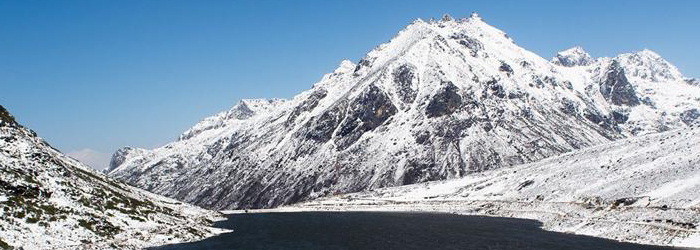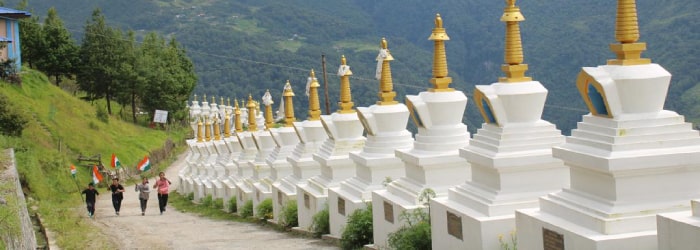High Altitude Acclimatization: Preparing for the TAWANG Marathon
Congratulations on being a participant in the TAWANG Marathon! As you gear up for this exciting event set amidst the high altitude of Tawang, it’s essential to understand the significance of acclimatisation and how it can enhance your performance and overall experience.
Running at high altitudes presents unique challenges due to reduced oxygen levels, lower atmospheric pressure, and the potential risk of altitude-related illnesses. Acclimatization is the process by which your body adapts to these conditions, allowing you to perform optimally while minimizing the risk of altitude sickness. All Marathon and Half Marathon participants should reach at least 7 days before the event day.
Preferable Acclimatization Schedule:
- Day 1 &2: complete rest,short walks , no climb
- Day 3 & 4: walk slowly, 1-3 km, avoid steep climb
- Day 5 & 6: walk upto 5 km with short climbs
Here are some key points to keep in mind for high-altitude acclimatization:
- Gradual Ascent: When traveling to Tawang, it’s crucial to acclimate gradually to the increasing altitude. Avoid rapid ascents that can lead to altitude sickness. Take your time to allow your body to adjust naturally to the changing conditions.
- Hydration: Staying hydrated is vital at high altitudes. Drink plenty of water throughout the day to prevent dehydration, which can exacerbate the effects of altitude. Hydrating properly aids in oxygen circulation and helps your body adapt more efficiently.
- Physical Conditioning: Engage in regular physical exercise and endurance training leading up to the marathon. Improving cardiovascular fitness can enhance your body’s ability to cope with reduced oxygen levels at higher altitudes.
- Sleep: Adequate rest is essential for altitude acclimatization. Ensure you get sufficient sleep during your stay in Tawang. Quality rest helps your body recover and adapt to the new altitude.
- Proper Nutrition: Maintain a balanced and nutritious diet to support your body’s energy requirements. Include foods rich in carbohydrates, proteins, and antioxidants to provide the necessary fuel and aid in muscle recovery.
- Altitude Training: If possible, consider incorporating altitude training into your preparation. This involves training at high altitudes or utilizing simulated altitude training methods to help your body adapt to reduced oxygen levels.
- Listen to Your Body: Pay close attention to any signs of altitude sickness, such as headaches, nausea, dizziness, or shortness of breath. If you experience any symptoms, it’s essential to descend to lower altitudes and seek medical attention if necessary. Your safety should always be a priority.
Remember, acclimatisation is an individual process, and everyone adapts to high altitudes differently. Give yourself ample time to adjust, be patient, and respect the demands that the high-altitude environment presents. It’s also advisable to consult with a healthcare professional or a sports medicine expert for personalised advice based on your health and fitness level.
By understanding and prioritising high altitude acclimatisation, you’ll be better equipped to tackle the challenges of the TAWANG Marathon. Embrace the experience, respect the altitude, and enjoy the incredible journey through the pristine landscapes of Tawang, Arunachal Pradesh.
Wishing you a successful and memorable TAWANG Marathon!




